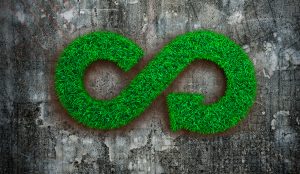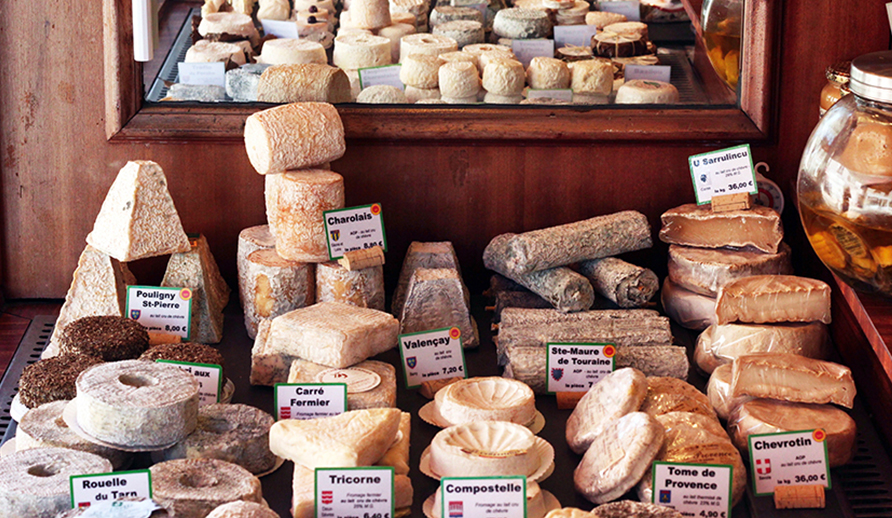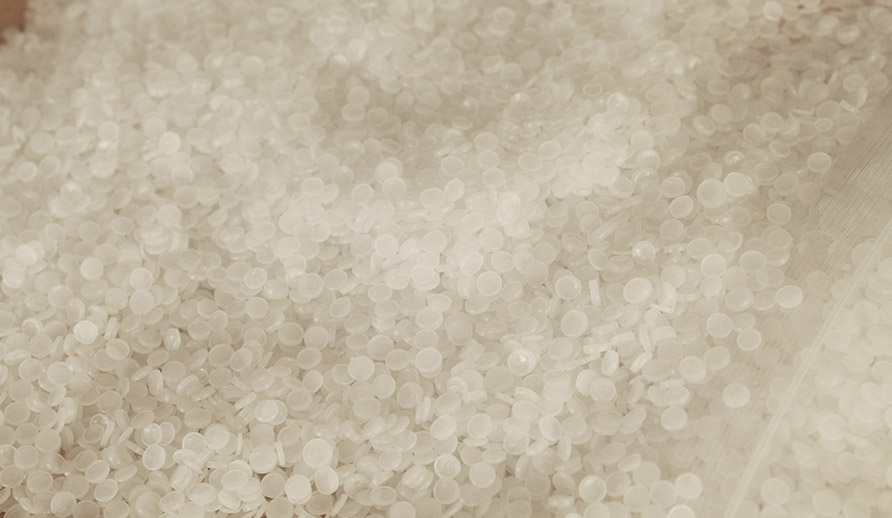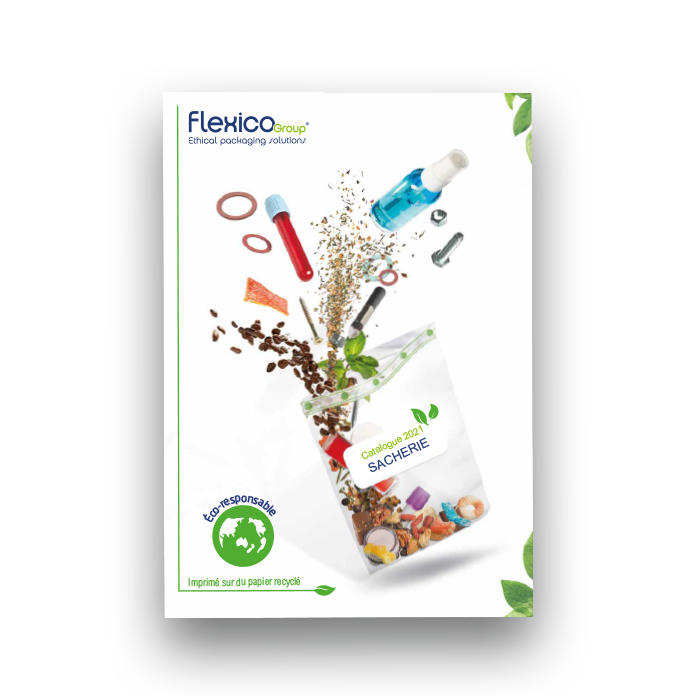
The circular economy is one of the solutions to fight climate change. Adopted in France at the beginning of 2020, a law defines the main steps to change our practices and adopt the virtuous circle of the circular economy. It is one of the keys to fighting against the depletion of resources and the end of biodiversity.
The objectives are numerous: minimise waste, create sustainable products, rethink the entire manufacturing ecosystem, from the eco-design of products to their packaging. In the face of this, many preconceived ideas about the circular economy persist. They indicate that changing the culture, from producer to consumer, requires education and clear, verified information. Here are some examples of preconceived ideas:
The circular economy is expensive.
More new regulatory constraints imposed by Europe! Some manufacturers see this only as an increase in their costs. However, it is the scarcity of raw materials that most often leads to price increases. Especially when they are extracted or manufactured on the other side of the globe, with significant transport costs.
Conversely, anticipating future legal obligations is a lever for innovation for Research & Development departments. Entering the 4Rs cycle (reduce, recycle, recreate, reuse) makes it possible to use basic materials again, or even infinitely, and thus to reduce manufacturing costs.
Another advantage, and not the least, is that the circular economy allows French and local manufacturing. Recycling can be internalised or carried out locally. This is cheaper than sending tons of waste to distant countries.
In the medium term, the necessary investments pay off quickly. The most important thing is to change mentalities, to transform a constraint into an opportunity. The company’s image is strengthened! The adoption of practices from the circular economy becomes a differentiating element for the company. Demanding consumers are increasingly attentive to profound changes rather than announcements.
At Flexico, we believe that respect for the planet goes hand in hand with economic consistency and respect for consumers. We innovate and use cutting-edge technology for eco-design of packaging, while controlling costs.
The circular economy does not offer all the necessary security.
Food scandals, endocrine disruptors and the consequences of glyphosate have made consumers wary. They want to rediscover a taste for authentic, healthy and safe food.
In a world where information, whether proven or not, circulates quickly, education is essential.
Let’s take the example of food packaging. The first obligation is to guarantee the perfect safety of consumers. If we use glass or cardboard packaging several times, can we ensure perfect hygiene? This works for some products, but cannot become the rule for all types of food. We must therefore innovate, reduce unnecessary over-packaging, while ensuring perfect safety and avoiding any external contamination!
During the Covid-19 pandemic, many retailers refused to allow customers to bring in their own packaging for bulk food. Thus, as soon as a health crisis appears , the virtues of single packaging are put forward!
If plastic suffers from a less green image than paper, glass or cardboard, it is mainly because of poor information on new packaging. Few sectors offer so much innovation to provide both food safety and the virtues of recycling.
At Flexico, we innovate to ensure the safety of all: children, with our Safegrip pouches that cannot be opened quickly by small hands; all consumers with Bisphenol A-free packaging. We are also part of the circular economy with the SAVE FOOD initiative to fight against food waste, which represents ⅓ of food produced for human consumption. This is also a key element of the circular economy!
The circular economy is useless.
Climate change critics and fervent advocates of degrowth agree on one point: any proposed measure is useless because it is either unnecessary, insufficient or too late. Between the climate sceptics and the ecologist-pessimists, the pragmatists, the “doers”, have difficulty making themselves heard.
Is the circular economy ultimately useless for greenwashing consumers or companies?
Let’s take the example of selective sorting: only half French people sort systematically, which does not prevent the recycling of packaging (70% in 2018) and paper (59%) from increasing. This represents 1.6 million tonnes of CO2 avoided, or the equivalent of 780,000 cars on the road for one year! (source: CITEO) How can we say that this is useless?
In our world of data, every little step, every advance can be measured, in the short term as well as in the long term. But we must succeed in making the path of change, the daily progress and innovation heard. The most demanding customers, the most aware of the impact of their consumption can they be, are looking for clear and precise information on the life cycle of the product, the steps taken by companies to limit their environmental impact and to join the virtuous circle of the circular economy.
For these consumers, as well as for the critics of the circular economy, there is a need to measure and share data on the results.
At Flexico, we innovate to offer our customers safe, recyclable, European-made packaging and we measure the impact in terms of costs, image and results with our customers.
If you enjoyed reading this article, we invite you to discover Flexico’s waste management policy.


